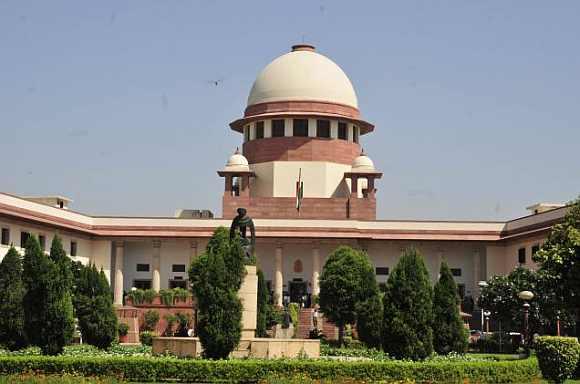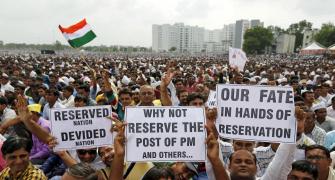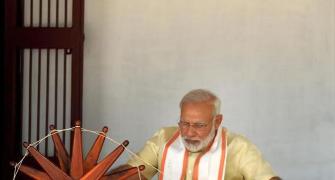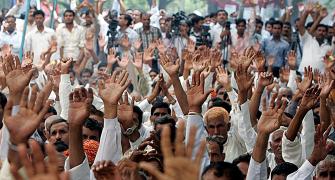The Supreme Court on Wednesday referred to a five-judge Constitution Bench pleas challenging the central government's decision to grant 10 per cent quota to Economically Weaker Sections (EWSs) in jobs and admissions in the general category.

A three-judge bench headed by Chief Justice Justice (CJI) Sharad Arvind Bobde said that a larger bench will decide the pleas filed by 35 petitioners challenging Centre's decision.
The petitions filed by NGOs 'Janhit Abhiyan' and 'Youth For Equality' along with 33 others sought directions to quash the Constitution (103 Amendment) Act, 2019, saying that the economic criterion cannot be the sole basis for reservation.
Earlier, the top court had refused to stay the central government's decision to grant 10 per cent quota in jobs and admissions to poor candidates in the general category.
The Centre had earlier defended its decision and contended that the Constitution (103 amendments) Act, 2019 granting 10 per cent reservation to EWS is intended to uplift around 200 million people who are still below the poverty line.
The pleas said the bill violates basic feature of the Constitution of India as reservation on economic grounds cannot be limited to the general category and the overall 50 per cent ceiling limit cannot be breached.
Referring to the nine-judge bench decision of the apex court in the landmark 1992 Indira Sawhney case, the petition had submitted that the latest amendment completely violated the Constitutional norm that economic criterion cannot be the only basis of reservation.
The quota will be over and above the existing 50 per cent reservation to Scheduled Castes, Scheduled Tribes and Other Backward Classes (OBCs).










